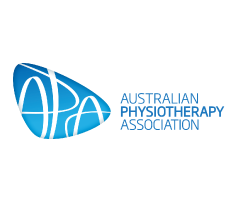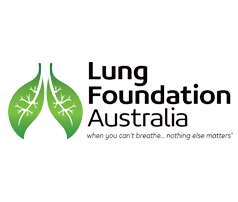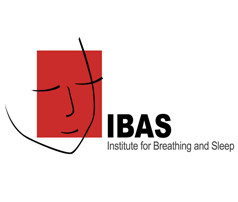Improving Aboriginal Childrens Lung Health
Improving Aboriginal Childrens Lung Health – developed by the Research Education and Training program in Western Australia, is an electronic training module, endorsed by RACGP, to assist doctors and other clinicians to recognise and manage protracted bacterial bronchitis and bronchiectasis earlier in Aboriginal children. This training module is free of charge and clinicians will earn […]








